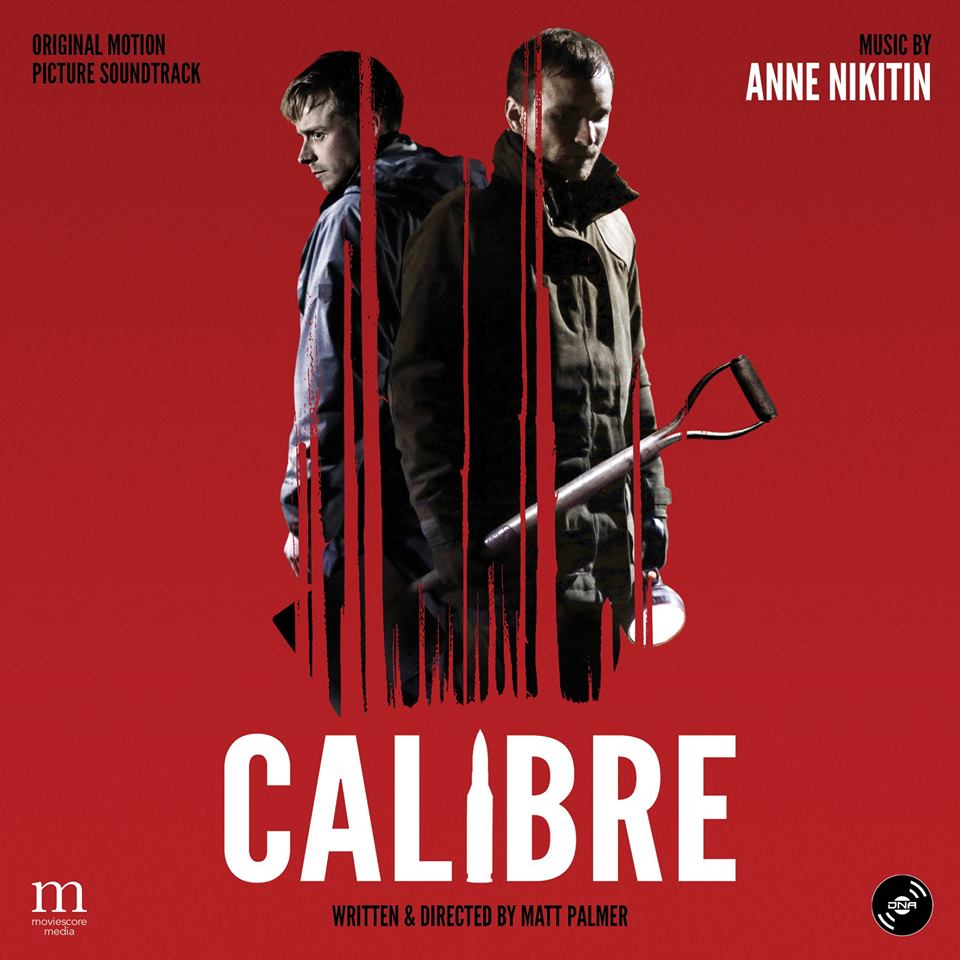
It also means that he considers himself more important than her because he attends Harvard. When he says she doesn’t have to study because she goes to B.U., he means her college is trivial and anyone with a degree from there will never be taken seriously. But not even she can predict what a true jerk he really is. Erica (Rooney Mara) is smart enough to know that and calls him out on what he truly means when he says, “You don’t have to study” twice. Practically every line that comes out of Mark’s (Jesse Eisenberg) mouth stops just short of an all-out insult. This scene is one of Aaron Sorkin most delicious of all time. Emily’s subtext here is, “I miss you so much and still need you, but I’m afraid to tell you.” Cal’s line “I don’t want you to blow up the house” is a metaphor for tearing the family apart. Because he can see her through the window, he knows she’s not in the basement – the call is just an excuse to hear his voice. When Emily calls Cal’s cell phone, she asks for help with lighting the water heater. Cal has moved out of the house but returned secretly to take care of the plants in the back yard, but this is most likely an excuse to peek at Emily through the window since he still loves her and misses her.


Written by Dan Fogelman, this movie is about a married couple, Cal (Steve Carell) and Emily (Julianne Moore), who are going through a divorce. Here are 10 examples of great subtext in movies. Repetition of simple words and phrases also belie the mask, as you’ll see in the example from Dangerous Liasons. Irony, sarcasm, and Freudian slips are all ways for the truth to slip out. Great dialogue “masks” the character’s wants and needs while subtly leaving clues about meaning underneath the words. What the world sees isn’t the same of what’s underneath the mask. In a way, subtext is like wearing a mask. Their characters keep their true desires close to their chests. Writers like Quentin Tarantino and Aaron Sorkin are masters of subtext. Sign up now for ScreenwritingU’s Subtext Class

But if you want to write complicated characters, you need to understand the juxtaposition of what they are saying versus what they mean. For the most part, that’s a good thing because it helps maintain the stability of society.

Society, religion and class all put constraints on our desires, creating fear and shame that forces us to sensor our words. The rub is that few people actually say what they mean. We all want to write amazing dialogue, but it can be deceptively difficult.


 0 kommentar(er)
0 kommentar(er)
